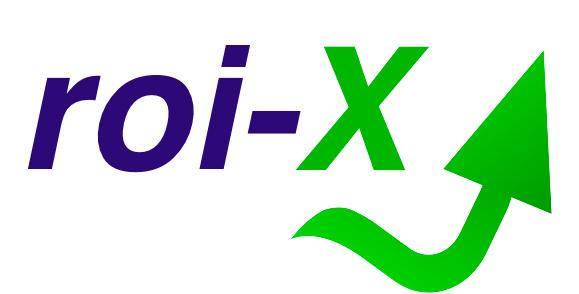“Wer nicht mit der Zeit geht, geht mit der Zeit – Friedrich Schiller,” or “Who doesn’t go with time, will go with time.” Modern manufacturers focusing on iteratively and innovatively evolving their portfolio, processes, and organizational structures adapt to and prosper in time. They establish routines that realistically transform their business in controlled step changes, enabling strategic, agile change. However, it’s essential to custom-tailor these transformations to fit each enterprise’s operational model rather than following every trend, mainly eying the competition’s transformational activities. Companies should build on their commercial foundation of success while meeting relevant aspects of today’s general intellectual, business, political, moral, and cultural climate, today’s Zeitgeist: sustainability, circular economy, decarbonization, digitalization, and deep tech business models. It’s a package.
Zeitgeist changes every 5-10 years, representing a significant opportunity, not a crisis. Future sensing paired with a first-time-right strategy conception and its consistent execution becomes imperative. It’s integral to deep-root any business transformation within operations. Successful transformations emphasize the following:
-
- Portfolio. Regular reviews trigger revision and growth to diversify, preferably in core markets and adjacencies. Adjacencies can yield up to 2x ROI. Any portfolio change aligns with the brand architecture and is tailored to internationalization. New products often delink legacy supply chains and footprints, unlocking alternate value chains.
-
- Manufacturing Processes. Traditional linear manufacturing processes can struggle in today’s fast-paced business climate. Smaller cellular factories offer flexibility and provide options for local production with a lower carbon footprint. Collaboration with partners and commercial alliances with start-ups and incubators, governments, and academia allows access to new know-how, technologies, and assets.
-
- Deep Tech. Physical technologies enabled by digital technologies, known as deep tech, solve large-scale challenges and ensure competitiveness beyond speed, quality, and cost-efficiency, balancing profitability with the Zeitgeist, primarily sustainability. Sustainability is rising, driven by net zero-commitments, and stakeholder demands. It is financially and regulatory supported more than ever, for example, via the Inflation Reduction Act (US) and the European Green Deal (EU). Deep tech increases the speed of a company’s internal change capability. Deep tech disrupts outdated automatisms, formalizes progressive processes, and consolidates decision-relevant information, facilitating transparent communication. It allows companies to act with urgency.
-
- Risk Management. Derisking starts with correctly assessing the status quo. Enterprises skilled in derisking commit to realistic planning and execution horizons and establish, if internationally operating, strong footprints in Europe and the US to balance China. They partner with complementary third parties. The partners’ offerings, future capabilities, and integrability are fully understood, especially for start-ups, with four out of five start-ups filing for bankruptcy within a few years following the IPO.
-
- People and Organization. Attractive companies internationalize, generationalize, and socialize diverse learning styles. They loosen up on their local HQ’s culture and language. The grooming of (leadership) mini-me’s is discouraged. Clear structures, roles and responsibilities, and interfaces are defined. Workflows are adjusted to adapt to change quickly. In-house skill gaps are closed via training and the acquisition of third-party capabilities. Attractive employers openly recognize teams and individual accomplishments. They appreciate and leverage trust between functions and individuals.
-
- Communication and Reporting. Transformational enterprises crisply and precisely communicate corporate values, strategy, and general requirements. They foster intergenerational dialogue and transparent, honest, and direct communication. They encourage employees at all levels to act independently and freely flow information as long as they align with the company’s strategic framework and employees impacted by any information exchange are kept in the loop. Data is readily accessible, and reporting is transparent and impactful.
-
- Execution Excellence. Any transformational journey begins with strategy. However, it is the implementation of that strategy through operations management that leads to quantifiable and sustainable success. Enterprises may not have the in-house expertise to translate their strategy into reality despite the organization’s insight and willingness to pivot. This is where external talent with experience and expertise in strategy implementation and interim operations management bridges the skill gap. External talent offers a fresh and unbiased perspective, untapped knowledge cumulatively acquired from previous assignments, and an outside-in view, neutral toward the viewpoints and interests of all stakeholders.
Let roi-X be your external partner, discretely executing your critical transformational needs. It joins your firm on an interim basis, ramps up quickly, and completes the work from start to finish with a simple one-time investment; with no recruitment delays and costs. Additionally, roi-X facilitates the removal of the language barrier for German companies expanding in English-speaking marketplaces.
